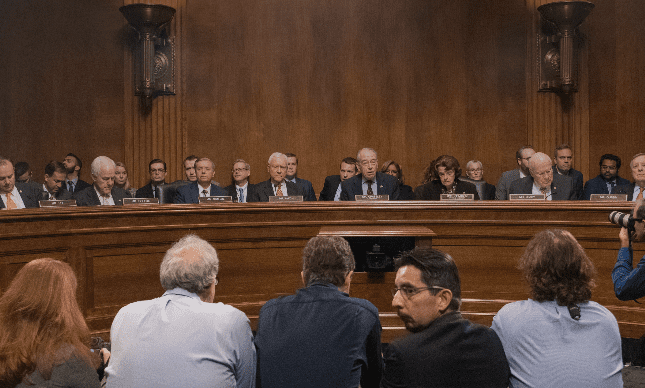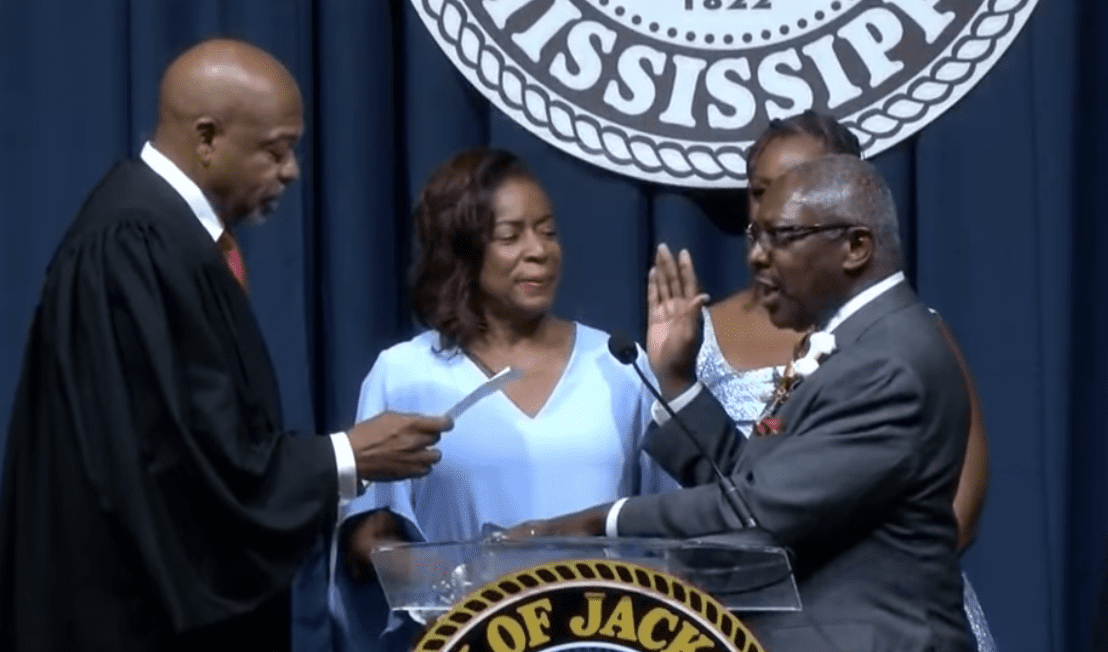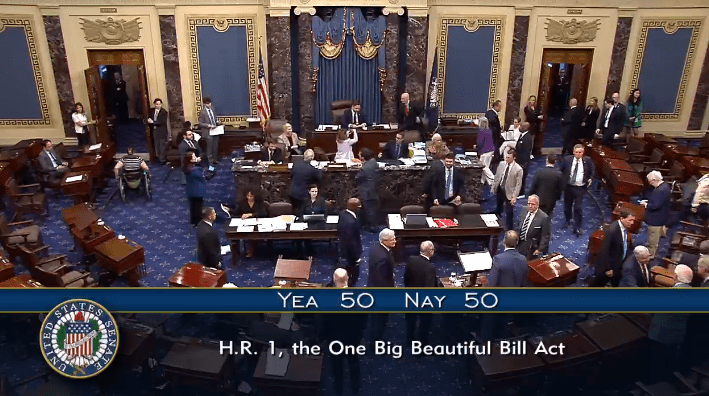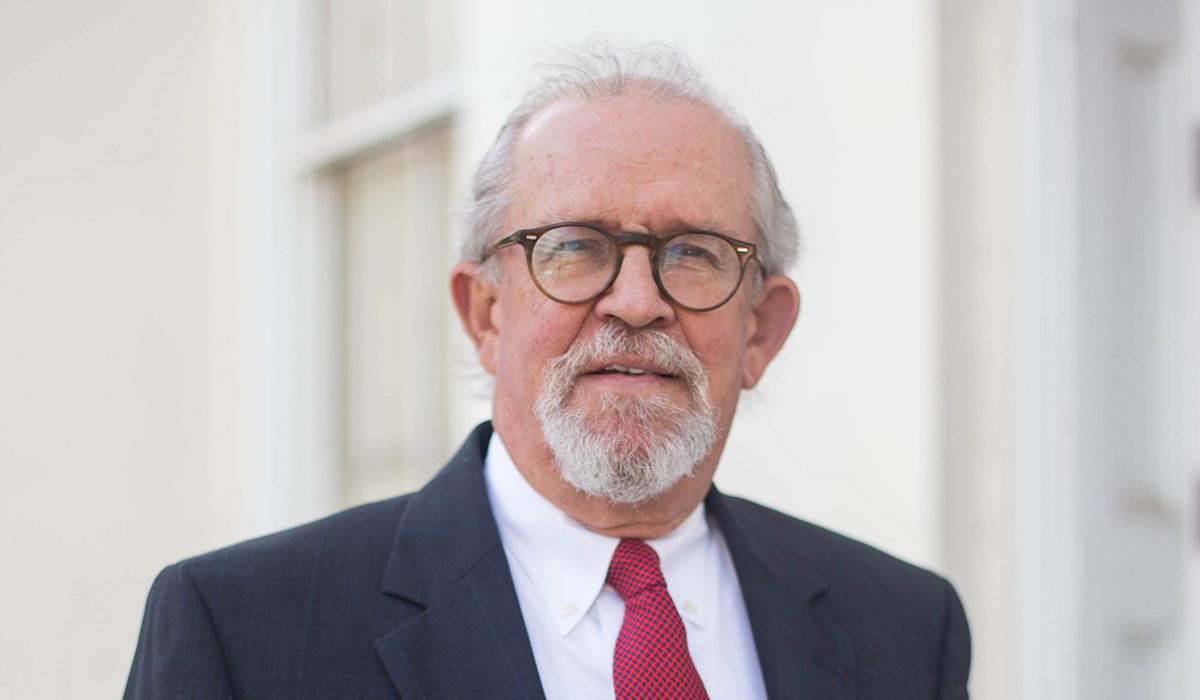Miss. AG raps efforts to limit powers
The latest effort would allow state officials, agency heads and board directors to hire independent lawyers if they thought the attorney general’s office could not adequately represent them.
“What you have here is nothing more than an attempt to weaken the power of the attorney general and create a ‘good ol’ boy’ system of doing legal business in this state,” Hood said.
House Speaker Philip Gunn, R-Clinton, said the move is necessary because Hood has not been responsive to some agencies’ requests for legal action.
“Agency heads have told me that,” he said.
Other proposals also include provisions to regulate the attorney general’s ability to hire outside lawyers.
Hood, Mississippi’s lone Democratic statewide elected official, said he thinks the efforts undermine the attorney general’s constitutional authority and are a partisan political attack.
Gunn and House Judiciary A Committee Chairman Mark Baker, R-Brandon, said there would be nothing to prohibit the attorney general’s office from continuing to pursue its own action, even when an agency head hires outside representation.
“We’re not telling the attorney general that he has to remove himself,” Baker said.
(Page 2 of 3)
But Democrats say such a scenario would have the state paying two lawyers on the same case.
“We already have someone in state government who is paid to represent the state,” said Rep. Bob Evans, D-Monticello.
Gunn said agencies would not receive additional funding to hire lawyers and he trusts agency heads to work within their budgets.
“There are no additional costs,” he said.
He said he thinks that agency heads may be more in tune with the legal issues their offices face.
“They are charged with running their agencies as they see fit,” he said.
Other than Gunn, Lt. Gov. Tate Reeves and Gov. Phil Bryant, also Republicans, back the efforts.
The attorney general’s office has brought in more than $500 million through civil action since Hood took office in 2004.
Hood cites the state’s $100 million MCI-WorldCom settlement as an example of his office taking charge and doing a better job than a state agency working on its own.
The Department of Revenue, then known as the state Tax Commission, was prepared to settle for $3 million before Hood intervened, he said.
Department of Revenue spokeswoman Kathy Waterbury said the agency cannot comment on the settlement.
An outside attorney hired by Hood secured the larger cash payout for the state, plus legal fees and some properties from MCI-WorldCom, a telecommunications giant that collapsed in 2002 amid an $11 billion accounting fraud scandal. The private lawyer for the state received $14 million – a point of contention for many in the Republican Party.
The auditor’s office, first under Bryant and now under Stacey Pickering, argues the attorney fees were a part of the settlement and, thus, belonged to the state to distribute. The state Supreme Court, which heard arguments in June, has not ruled in the case.
Republicans’ concerns over such payouts to private lawyers have prompted several attempts to pass the “sunshine” legislation in prior sessions.
The American Legislative Exchange Council has pushed similar legislation in capitols across the country. At least 10 states have passed versions of the group’s model legislation on attorneys, and several others are considering.
(Page 3 of 3)
But ALEC’s efforts are not without criticism.
The Center for Media and Democracy has called the group a “collaboration between ‘Big Business’ and ‘conservative’ politicians” that is intended to provide tax loopholes for large corporations and shield them from costly lawsuits.
ALEC has a “private enterprise board” that includes representatives from some of the nation’s largest corporations.
On its website, ALEC explains its issue with attorneys general hiring outside lawyers: “As these hired attorneys are paid only if their case is successful, a profit motive arises where a public-interest motive should take precedence. While there may be certain circumstances under which this practice is justified, its expanded use in recent years and the opportunity for abuse make the establishment of certain hiring guidelines prudent policy.”
Neither Gunn nor Baker has given specific examples of Hood not performing his duties as attorney general.
“I really want to stay away from examples,” Baker said.
The former director of the Division of Medicaid often traded barbs with Hood. Bob Robinson, who was appointed by then-Republican Gov. Haley Barbour in 2005 and vacated the post in January, told lawmakers in 2009 that Hood was not prosecuting enough Medicaid fraud cases – a claim Hood denied.
The legislation Republicans are pursuing this year would not have affected that case because the proposed change does not apply to criminal action.
During the House debate last week, Baker referred to a lawsuit last year over the legislative redistricting process as an example of the potential for a conflict of interest, though he admitted that it did not have a negative consequence.
When Secretary of State Delbert Hosemann, a Republican, entered that lawsuit, Hood granted him the power to hire his own attorney. The courts sided with Hosemann’s arguments, making him the most successful party of the suit.
“We’re not telling the attorney general that he has to remove himself.”
House Judiciary A Committee Chairman Mark Baker, R-Brandon
Clarion Ledger
2/12/12







